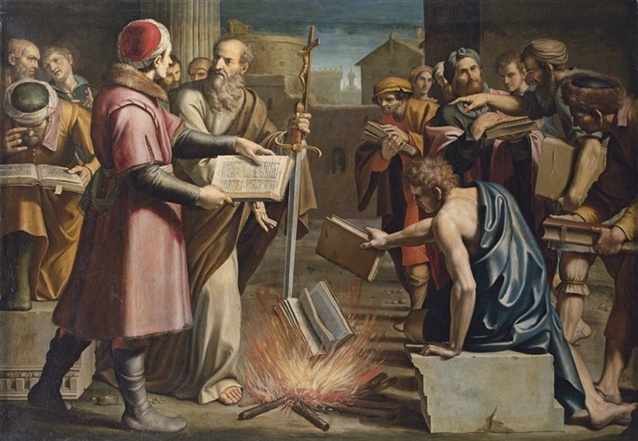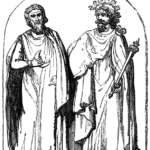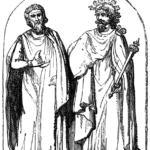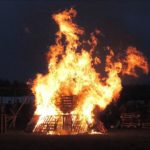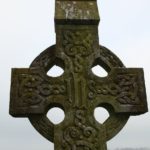Ten must-have books for the novice Pagan
When I first sat down to write this, I thought it would be easy. I sell Pagan books, the hard part would be limiting it to just 10. But then I thought some more about the must-have part, and what I personally would recommend to novices and beginners. Not quite as easy as I thought.
A Witch Alone by Marian Green.
This is a lovely guide through 13 moons worth of exercises. It contains no rules, no ‘thou shalt’ or ‘thou shalt nots’, no ‘you must believe…’ This book starts you on the journey of finding who you are and what you believe and how to come into your own power. Several years ago I declared that I would never read another beginner’s book again, that they were all the same information rehashed into a new shape. Then I was asked to read this book to review it, and I took back what I said. This has moved to my all-time most recommended beginner’s book.
Wicca: A Guide for the Solitary Practitioner by Scott Cunningham.
Although I disagree with much of this book, I still cannot fault it as a good starting place. It’s a gentle entry into the world of Paganism. I often liken it to clear soup – you have a scent of it, and perhaps a taste of it, but there’s no real meat.
 A good place to start, and when you’ve caught the taste of what you like or need, you then have a direction to look further.
A good place to start, and when you’ve caught the taste of what you like or need, you then have a direction to look further.
Green Witchcraft by Ann Moura.
This is written from the perspective of a hereditary witch. She makes no grand claims about Wicca – just talks in a friendly, chatty style about her own experiences and gently teaches in her conversational manner.
The Book of English Magic by Philip Carr-Gomm and Richard Heygate.
This is a new book on the market, that starts with the history and moves through all things magical from and in England. As Philip Carr-Gomm is a Druid, it has a wider scope than most beginners’ pagan books, while not being purely from a Druid perspective.
The Spiral Dance by Starhawk.
This book is often denounced as being far too feminist and unbalanced, depending on which edition you have – the 20th-anniversary edition is far more gender-balanced than the original. However, if you can put that aspect to one side, or if you embrace it, the exercises and visualization techniques in this book are very valuable to the beginner.
Magick Without Peers by Ariadne Rainbird and David Rankine.
Designed for the solitary seeker, this book covers a truly wide variety of magical practices and techniques from all over the world. It didn’t seem to me to go into some of them in any depth, I found some chapters to be quite shallow in that aspect, however, if this aspect catches your interest and takes your fancy, you have a name for it, and can always research it further on your own.
To Ride a Silver Broomstick by Silver RavenWolf.
Yes, I know the popular opinion of Silver RavenWolf, and in some cases, I agree. She lays down the law according to her and makes it all out to be very black and white, and some find her chatty writing style to be condescending – I found it comfortable and friendly. However, there is a wider scope of subject matter, and very well researched reference material in here that I’ve not found anywhere else. For that alone, I will recommend this book.
A Witches’ Bible by Stewart and Janet Farrar.
A wonderful and rich look at Wicca through the eyes of the Alexandrian tradition in the late 1970s and early 1980s. Although, don’t make the mistake of reading it and assuming that you know all about Alexandrian tradition, because very little is truly covered in this book. However, it is a worthwhile book for everyone to read.
An ABC of Witchcraft Past and Present by Doreen Valiente.
This is a valuable encyclopedia of Witchcraft from one of the women who started the whole movement in the 1950s. It’s scope goes beyond just witchcraft and includes well-researched references on many subjects relating to magic and paganism.
The Triumph of the Moon: A History of Modern Pagan Witchcraft by Ronald Hutton.
A scholarly look at the history without any of the bias or fantasy that is often found in Pagan ‘Histories.’ In my opinion, it is always important to know the history, to see where you’ve come from to help guide you to where you’re going.

